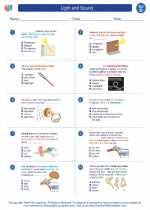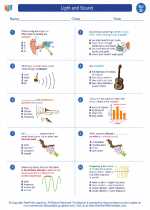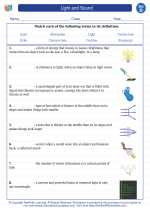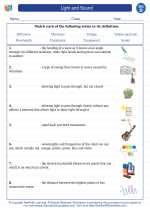Aggression
Aggression is a behavior that is intended to cause harm or pain to another individual. This can be physical, verbal, or relational in nature.
Causes of Aggression
- Biological Factors: Genetic predisposition, brain structure, and hormones can play a role in aggressive behavior.
- Environmental Factors: Exposure to violence, abuse, and stressful environments can contribute to aggression.
- Social Learning: Observing and imitating aggressive behavior from others, including parents, peers, and media.
- Psychological Factors: Unresolved anger, frustration, and low self-esteem can lead to aggression.
Types of Aggression
- Physical Aggression: Direct physical harm or violence towards others.
- Verbal Aggression: Using words to harm or manipulate others, such as threats or insults.
- Relational Aggression: Damaging someone's social relationships or reputation, often seen in social exclusion or spreading rumors.
Consequences of Aggression
Aggressive behavior can have a range of negative consequences, including physical injury, emotional trauma, social isolation, and legal repercussions.
Managing Aggression
- Anger Management: Learning to identify and manage feelings of anger in a constructive way.
- Communication Skills: Developing positive and respectful communication techniques to resolve conflicts.
- Conflict Resolution: Finding peaceful and mutually beneficial solutions to disagreements.
- Seeking Help: Consulting with a trusted adult, counselor, or mental health professional for support and guidance.
Understanding the causes, types, and consequences of aggression is important for promoting a safe and harmonious environment in both personal and social settings.
.◂Science Worksheets and Study Guides Fourth Grade. Light and Sound
Study Guide Light and sound
Light and sound  Worksheet/Answer key
Worksheet/Answer key Light and sound
Light and sound  Worksheet/Answer key
Worksheet/Answer key Light and sound
Light and sound  Worksheet/Answer key
Worksheet/Answer key Light and sound
Light and sound  Vocabulary/Answer key
Vocabulary/Answer key Light and sound
Light and sound  Vocabulary/Answer key
Vocabulary/Answer key Light and sound
Light and sound  Vocabulary/Answer key
Vocabulary/Answer key Light and sound
Light and sound 

 Worksheet/Answer key
Worksheet/Answer key
 Worksheet/Answer key
Worksheet/Answer key
 Worksheet/Answer key
Worksheet/Answer key
 Vocabulary/Answer key
Vocabulary/Answer key
 Vocabulary/Answer key
Vocabulary/Answer key
 Vocabulary/Answer key
Vocabulary/Answer key

The resources above cover the following skills:
PHYSICAL SCIENCE (NGSS)
Waves and their Applications in Technologies for Information Transfer
Students who demonstrate understanding can:
Develop a model of waves to describe patterns in terms of amplitude and wavelength and that waves can cause objects to move.